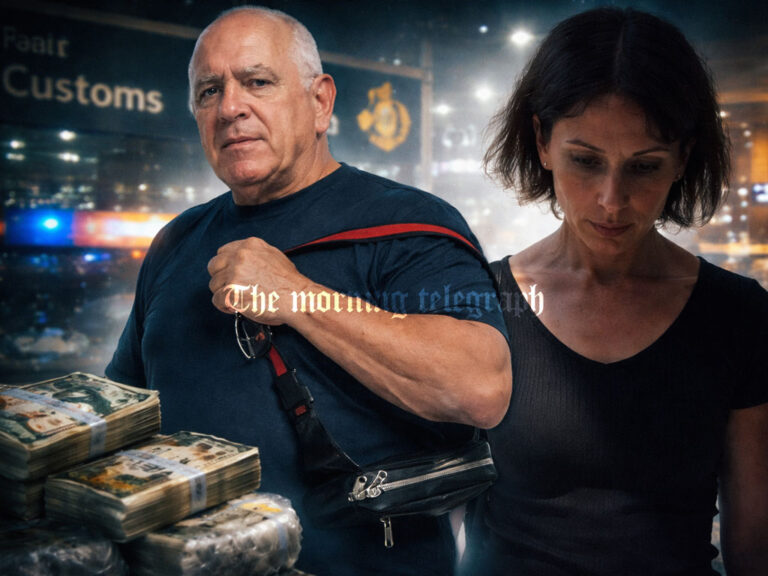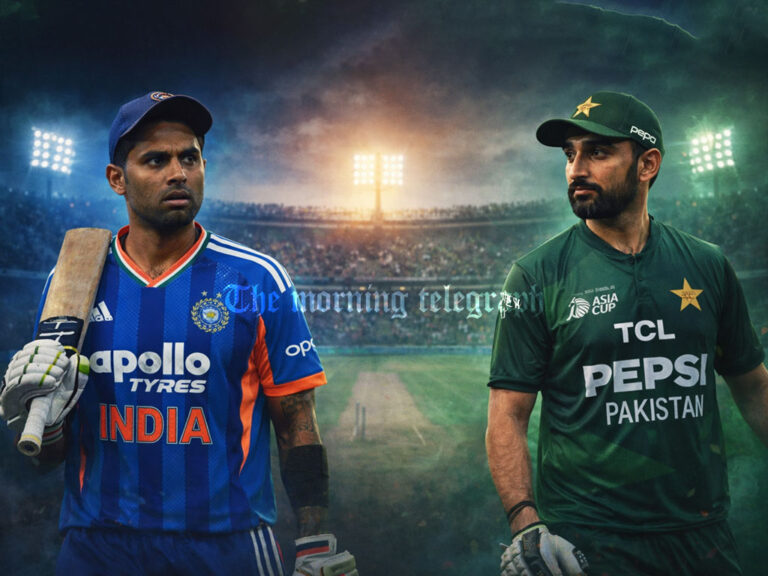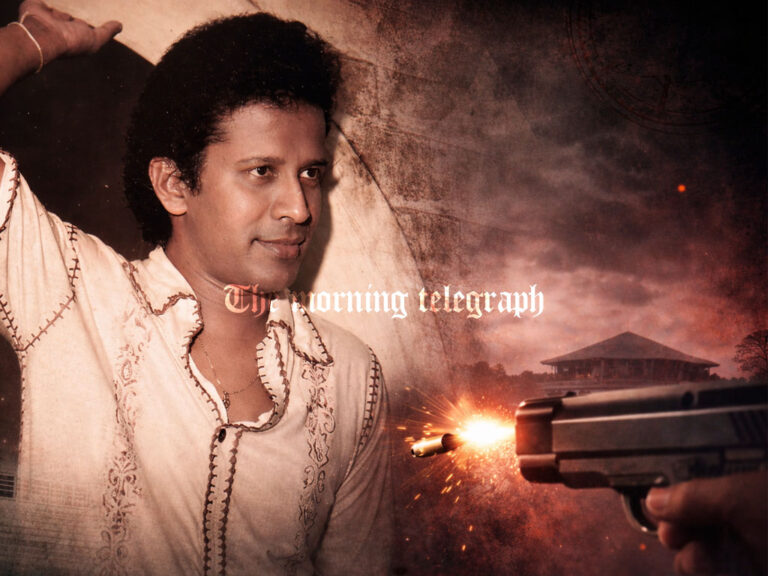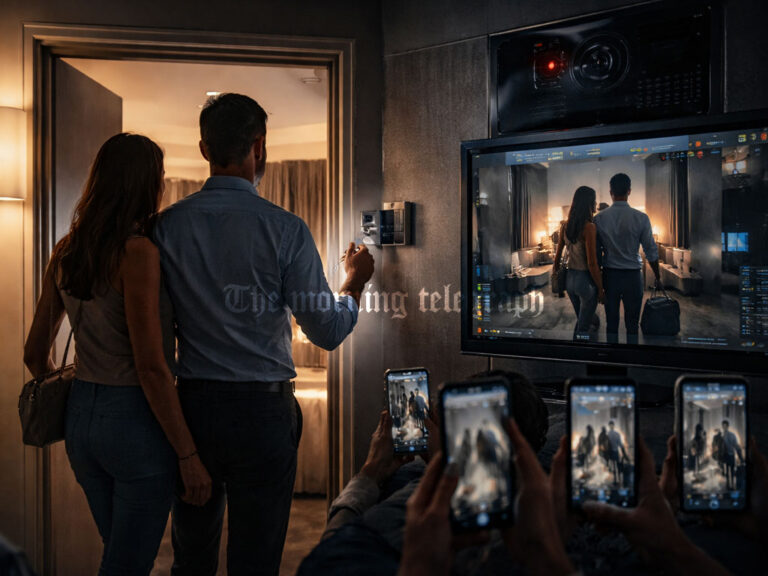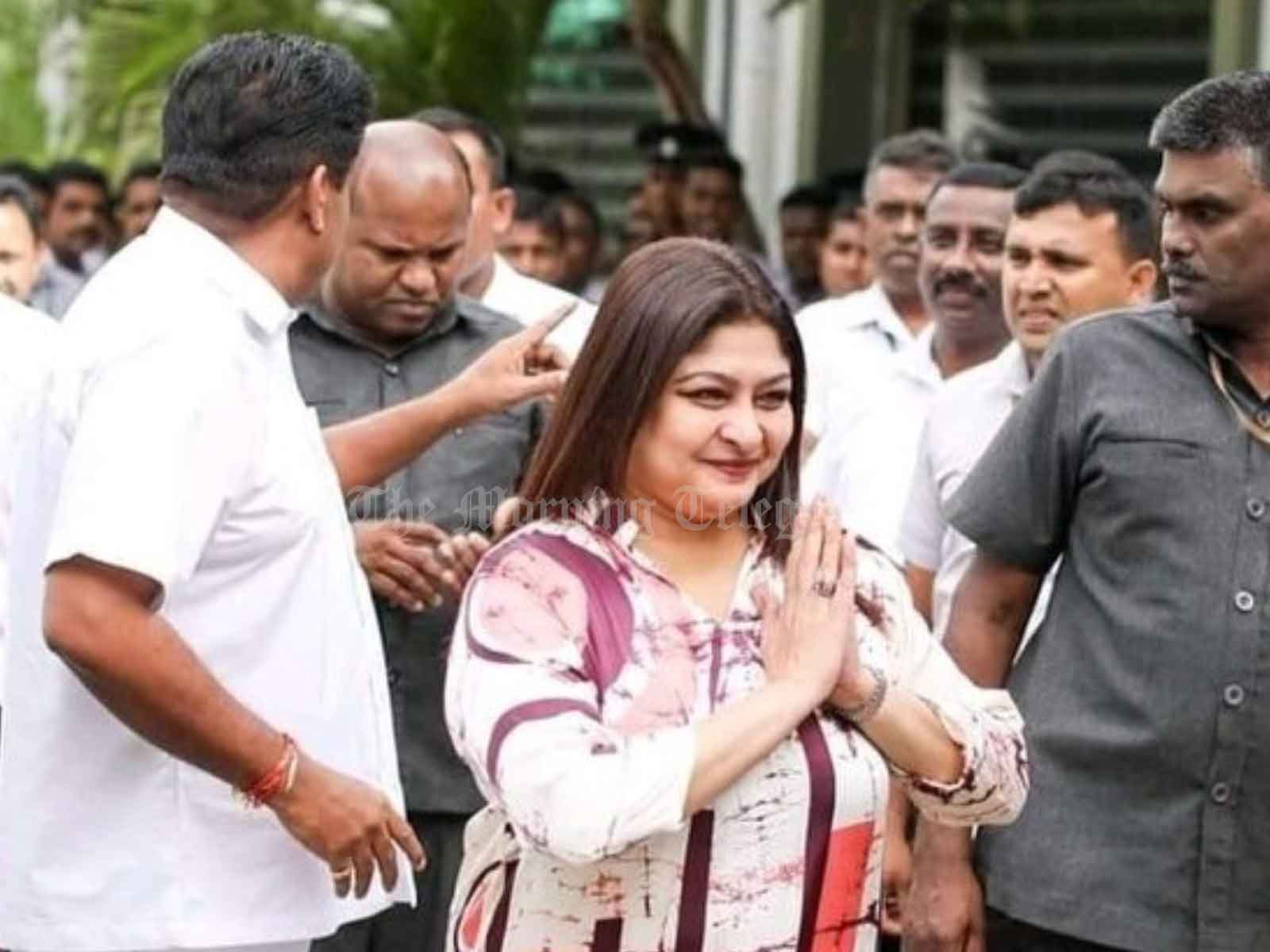
In light of the upcoming Sri Lankan Presidential election, it’s vital for voters to remain well-educated about the candidates and their potential implications for the nation’s future. Every vote carries weight, and casting that vote should come from a well-informed, critical perspective, rather than simply perpetuating family dynasties or personal aspirations for power.
In the current political landscape, questions have emerged regarding the candidacy of Sajith Premadasa, leader of the Samagi Jana Balawegaya (SJB). His wife, Jalani Premadasa, a former Flight Stewardess who worked at Gulf Air has already been seen in various public and symbolic displays, raising concerns that her aspirations for the role of First Lady may overshadow the real issues at hand. The incident where she was seen practicing her role with even Prof.G.LPeiris tagging along behind her stirred public discourse, highlighting the risk of political office being reduced to fulfilling personal ambitions rather than serving the public.
At the same time, Sri Lanka stands on the precipice of change, and many citizens are not seeking a mere continuation of the existing system, but a radical shift towards new governance structures. This is where Anura Kumara Dissanayake and his National People’s Power (NPP) movement have garnered significant support, positioning themselves as the genuine alternative to the traditional political elites. His campaign has resonated with the grassroots, especially amid the economic crises and systemic corruption that have plagued the country for decades. His name is on the lips of almost every common man on the street.
When evaluating these candidates, it is crucial for the electorate to look beyond superficial optics or personal narratives and focus on substantive policies and long-term visions for the country.
Sajith Premadasa’s track record within the establishment, coupled with his willingness to engage figures tainted by corruption for political gain, raises important concerns about his ability to bring about meaningful change. On the other hand, Anura Kumara Dissanayake offers a break from the old guard, presenting himself as a fresh alternative in a system that many feel is outdated and ineffective.
In an election as important as this, the stakes are high. Will voters opt for continuity, with candidates tied to old political dynasties, or choose a path of complete transformation? Either way, voters must approach the ballot box with a clear understanding of each candidate’s motivations, values, and vision for Sri Lanka. This isn’t just a decision about the next few years, it’s about shaping the nation’s future and breaking free from a cycle that has arguably stunted its progress for decades.

